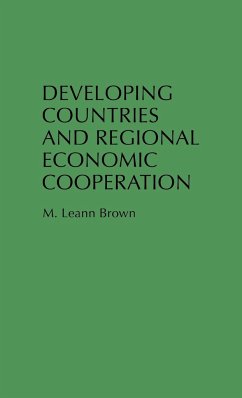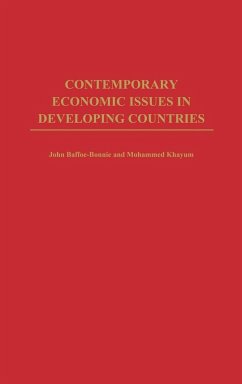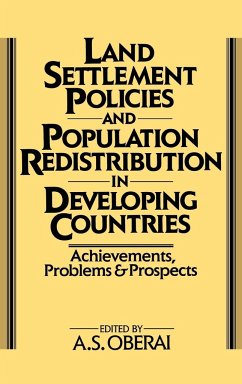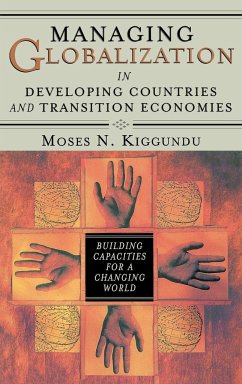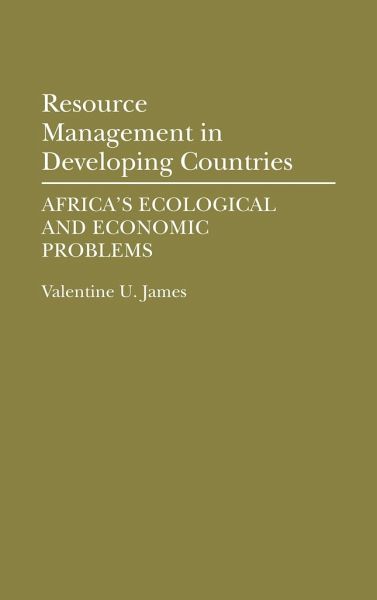
Resource Management in Developing Countries
Africa's Ecological and Economic Problems
Versandkostenfrei!
Versandfertig in 1-2 Wochen
69,99 €
inkl. MwSt.

PAYBACK Punkte
35 °P sammeln!
Designed as a text for undergraduate and graduate level courses in Third World development, Resource Management in Developing Countries takes an interdisciplinary approach to the problem of resource management in developing countries. Focusing on Africa, James explains the reasons for the continent's declining resource base from historical, geographical, economic, and political perspectives, and illustrates the links among all these factors. He explores key resource management issues such as threats to ecological systems, water quality management and agricultural production, using case studies...
Designed as a text for undergraduate and graduate level courses in Third World development, Resource Management in Developing Countries takes an interdisciplinary approach to the problem of resource management in developing countries. Focusing on Africa, James explains the reasons for the continent's declining resource base from historical, geographical, economic, and political perspectives, and illustrates the links among all these factors. He explores key resource management issues such as threats to ecological systems, water quality management and agricultural production, using case studies where appropriate to illustrate the decline in biological diversity and human potential, the political and economic instability, and the socio-cultural decay that contribute to Africa's resource management problems. James argues that Africa's great loss of natural resources is due to mismanagement by African leaders, multinationals, and colonial governments, and suggests possible solutions to this declining trend. The introductory chapter examines Africa's legacy of colonialism. The author next addresses threats to the continent's ecological systems and the impact of transnational firms on resource management. After describing specific resource bases: water, soils, river systems, and forests, James then compares and contrasts Africa's urban and rural differences-- using Nigeria as a case example. Subsequent chapters discuss the need for proper resource management, perceptions of resource management problems in Africa, likely future scenarios, and the resource management programs currently underway in Africa. James concludes that governments and private and international organizations must assist the African countries in efforts to save endangered species, protect forest and other resources, and provide an acceptable standard of living for the people. Students of planning, as well as policymakers in developing countries, will find this comprehensive treatment of the ecological consequences of various resource management policies in the Third World very informative.







